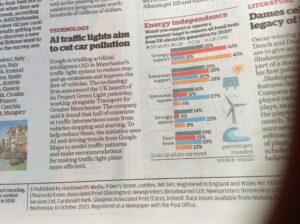Now Mike Lynch’s colleague, Stephen Chamberlain, has died in a car “accident”, hit while running. Was it an accident, or an event contrived by the dysfunctional rules of the road? Do investigators take the unequal rules of the road into account when assessing causes of “accidents”?
-
Recent Posts
Recent Comments
- Manslaughter charges at last? - Equality StreetsEquality Streets on Admission
- OK, Really, What About The Roads? on Priority
- The unbearable crassness of agreeing - Equality StreetsEquality Streets on War on Britain’s Roads
- Accidents at Traffic Lights – Lets End The Madness | StrikeEngine – Car Tuning on Four Thought – correction
- Albert Slawson on Contact and links
Meta

